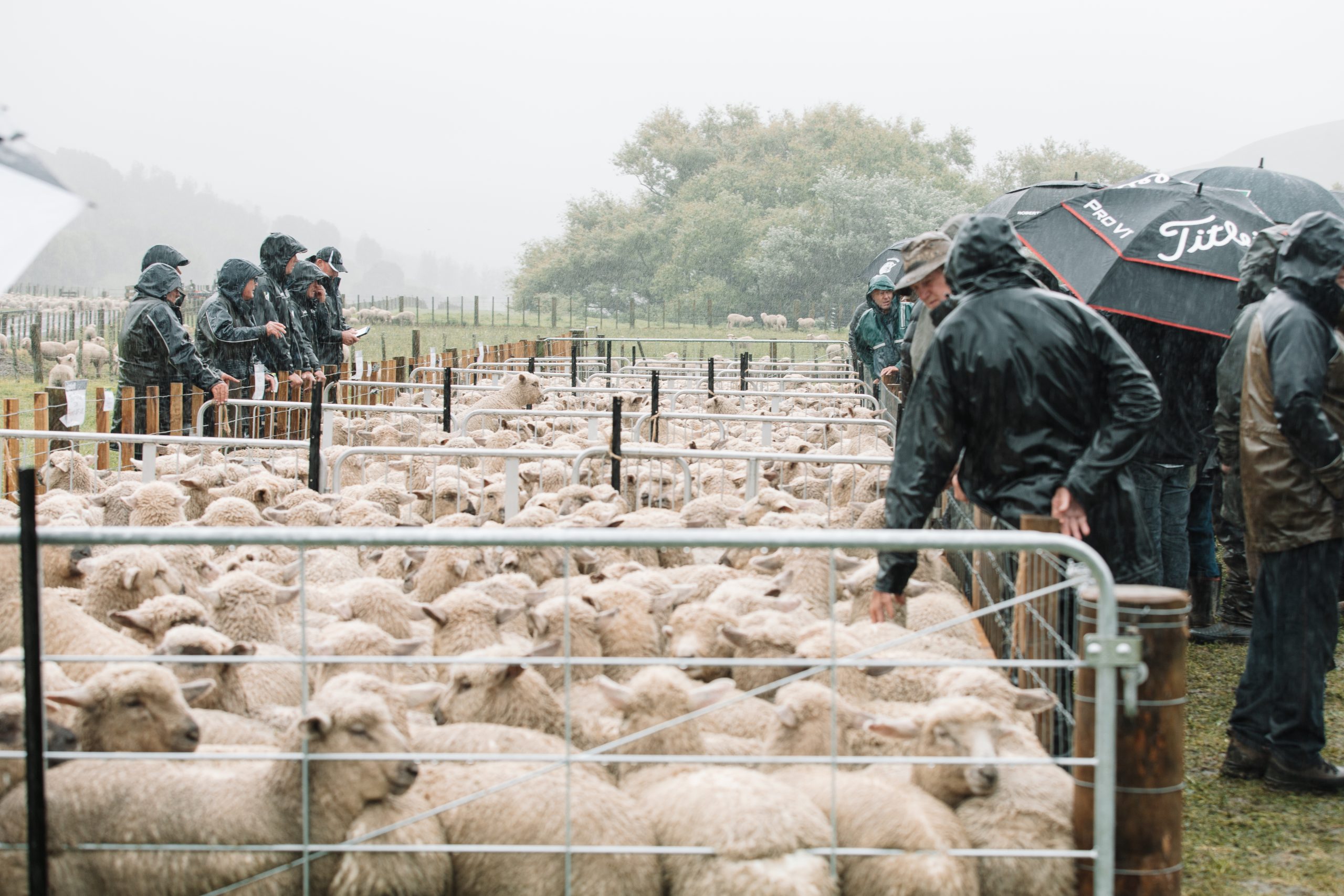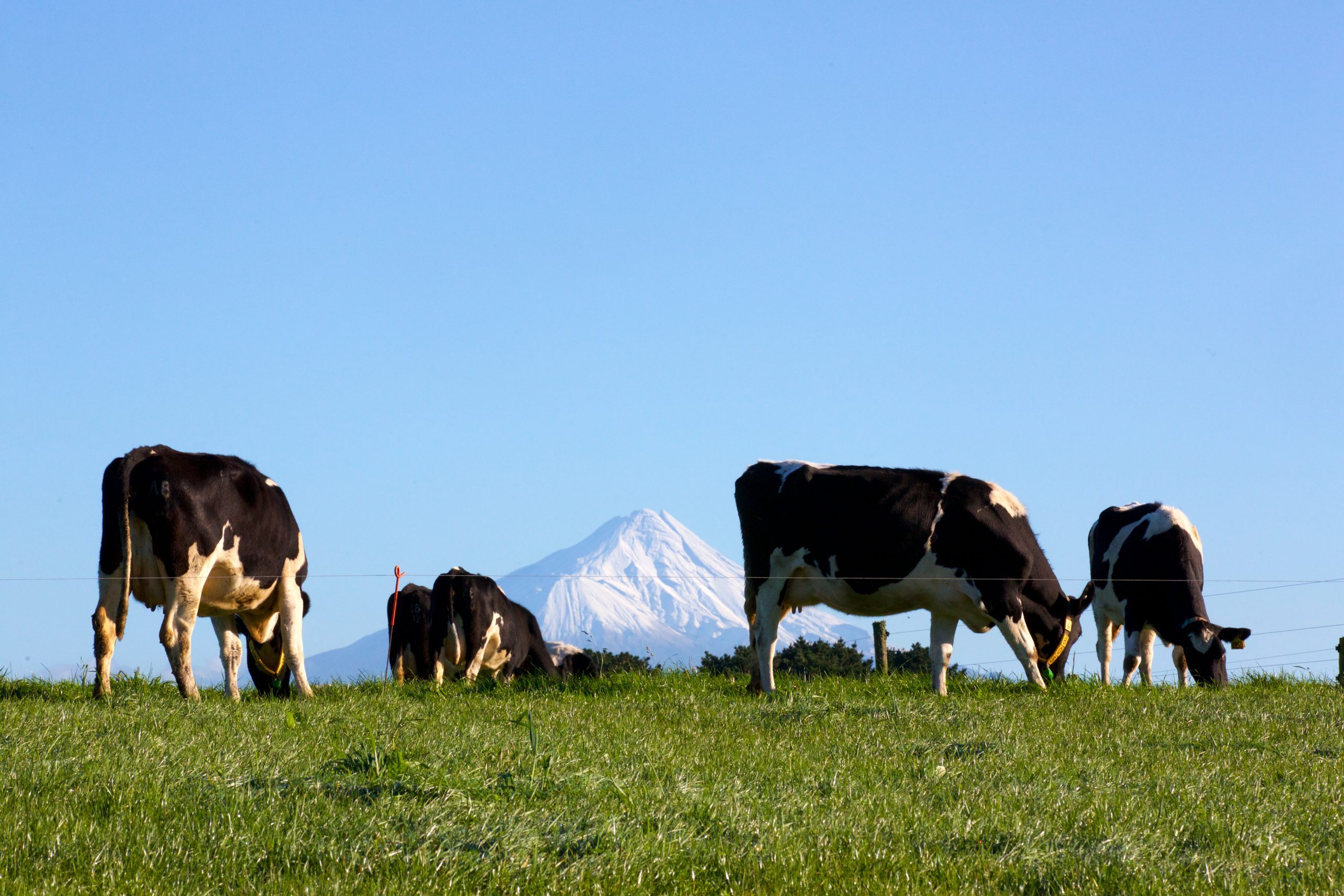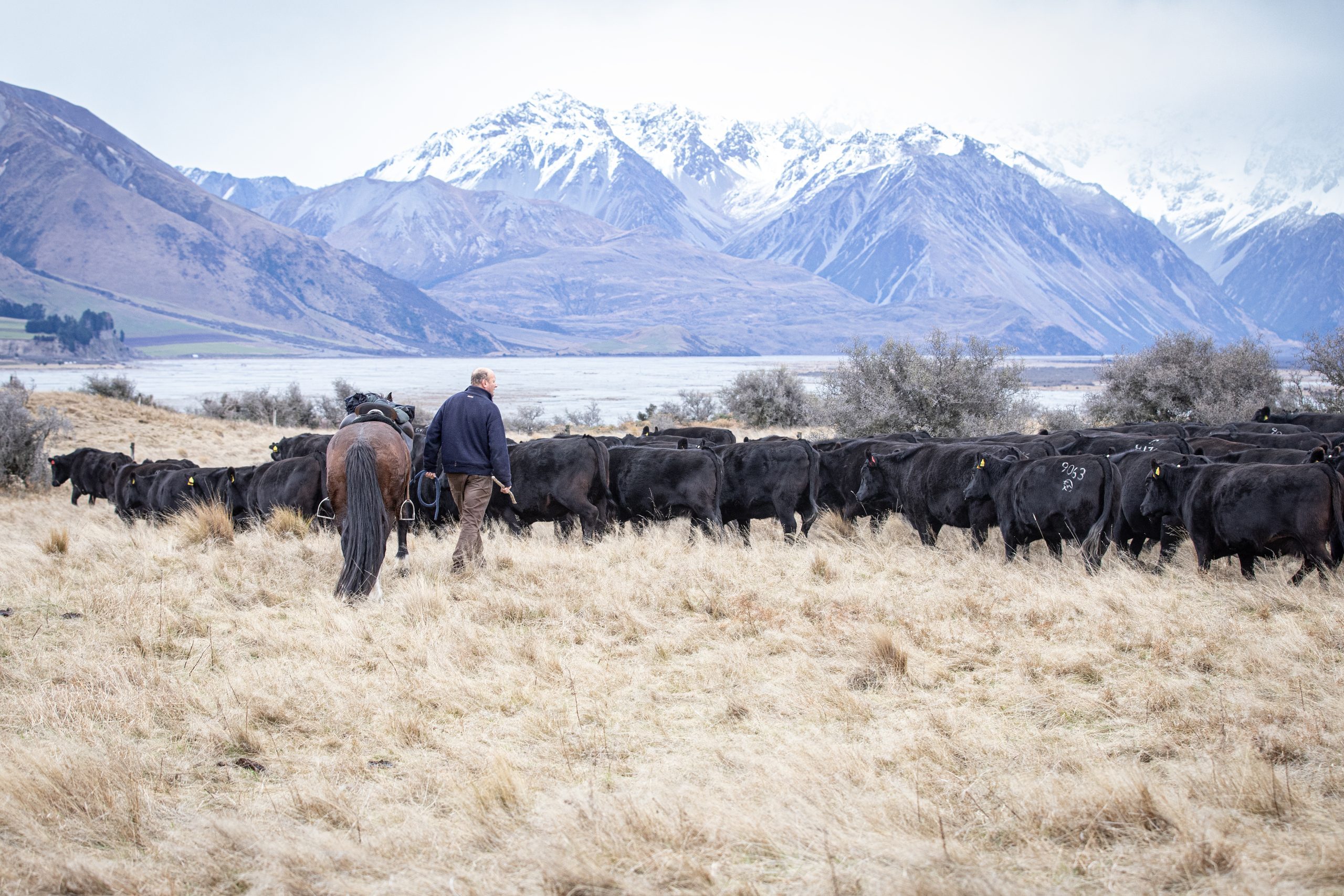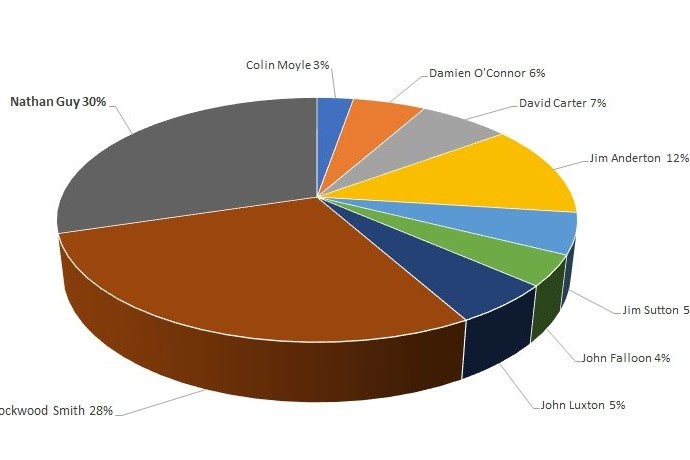Rising to the challenge
Who’d want to be a farmer? Drought, floods, disease, falling prices, rising costs and overbearing government regulation would crush many, but farmers are a hardy bunch.
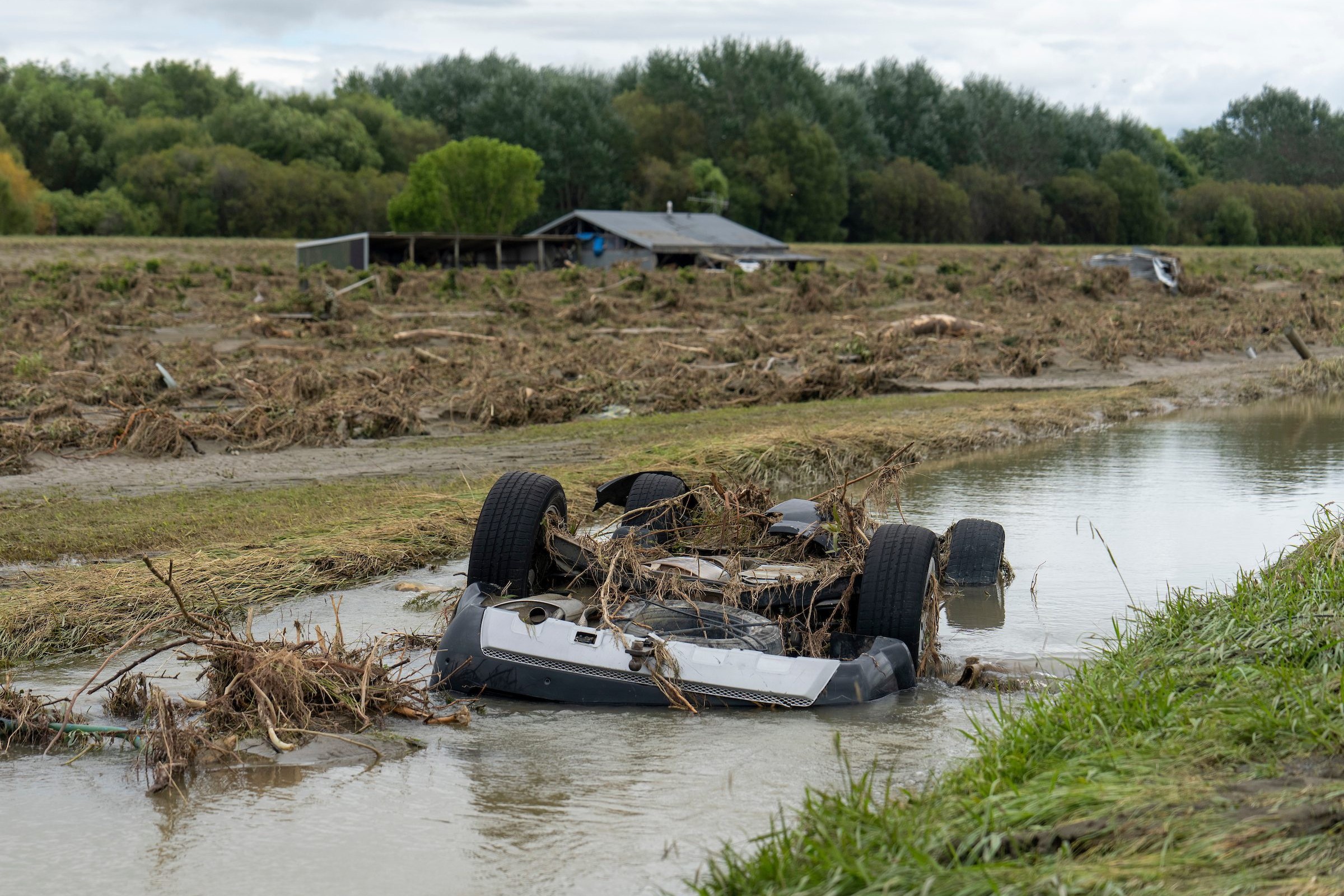
Who’d want to be a farmer?
Drought, floods, disease, falling prices, rising costs and overbearing government regulation would crush many, but farmers are a hardy bunch.

After Cyclone Gabrielle, communities banded together and worked out solutions, such as ferry supplies across swollen rivers and building access routes. The loss of life and property is tragic. Farmers have an enormous task ahead of them as the clean up will go on for a long time.
Farmers have proven time and time again they are made of sterling stuff and rise to the challenge.
Climate change has been blamed for cyclones but critics say there is no science linking it to the global increase in temperature. Anyway, shouldn’t global warming be the cause? Climate change would be the symptom. The sky blackens and 700mm falls. Yes, the climate has changed.
Regardless of the cause, we must deal with the consequences of these events, focusing on the immediate needs of affected communities rather than using them as political leverage.
Global warming is what the world should be concerned about and the focus should be on ways to adapt, not on trying to prevent it by taxing and penalising the wrong people – farmers.
I’ve always said a problem is an opportunity and United States ag emissions expert Professor Frank Mitloehner showed it can be (p36).
Mitloehner said on a recent visit to New Zealand that global warming and ag emissions were an opportunity for NZ farmers. If the focus was climate neutrality, not carbon neutrality, farmers could help lower NZ’s global warming. Climate neutral is where methane is created and naturally destroyed in a constant herd or flock.
NZ farmers have done a great job to reduce methane, but they could be incentivised to go further to lower the nation’s warming.
The problem is that Government and anti-farming groups work off the GWP100 which measures ag methane inaccurately. They prefer the stick approach.
Was global warming replaced with climate change so the focus could be on emissions, not warming? So agriculture would do all the heavy lifting?
This would explain why the Government won’t listen to calls for the GWP* to be used instead of the GWP100.

